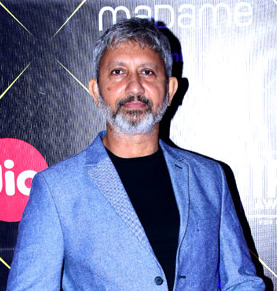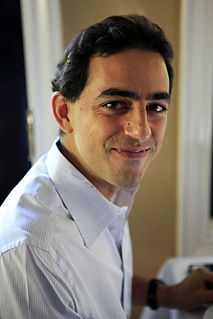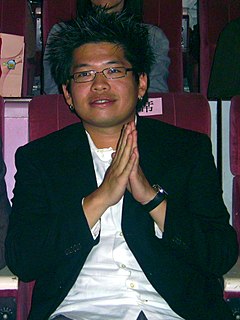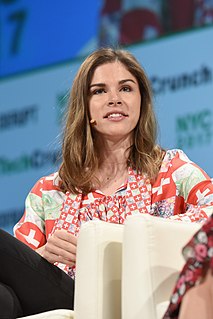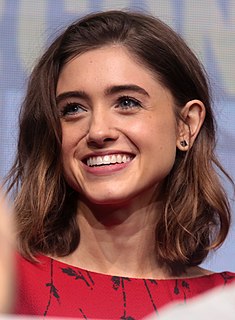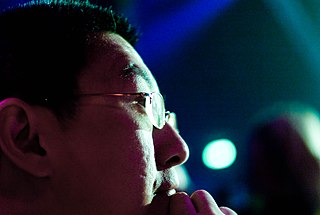A Quote by Ishita Dutta
I think TV content has changed a lot and even films, especially after the web platform has come in. Now, there's an option for everyone, you'll find content that appeals to you. So, I really like how storytelling is changing.
Related Quotes
I am here to tell you, TV is not dead. Rather, it is constantly evolving as we are. My view is that we are in the next Golden Age of content. If AOL, Google, Netflix, Amazon, and Yahoo felt TV was dying, they would not be so eager to play in our sandbox. It is, after all, TV content that's driving their business.
During its retransmission dispute, CBS pulled its signal off of certain cable TV systems - and also blocked all Time Warner broadband customers from accessing CBS's Web-based content, even outside the territory of dispute. This is precisely the kind of content-blocking broadband providers are so often accused of but aren't actually doing.
I think people are going to places that they weren't able to with television before, and I think Netflix really paved the way for that. With freedom comes better content, and with better content comes great actors and a bigger audience. I think that has just snowballed into a movement for making really great TV.
You're not chasing syndication any more. It used to be a big thing. "Let's make 100 episodes and we'll get paid for life". You know? And what does the sheer amount of content that's being made do to syndication after a while? It just seems like there's more content than there is hours for everyone to watch it. But it's some of the best content that's ever been created.
It's very hard to just have a pure form like a Hulu or a YouTube to be successful in China because our view is, users come to a platform; they really don't care whether it is professional or whether it's a user-generated, or it's premium, you see. They want to come to a big database to be able to find the content they want.
We tend to think of Steam as tools for content developers and tools for producers. We're just always thinking: how do we want to make content developers' lives better and users' lives a lot better? With Big Picture Mode, we're trying to answer the question: 'How can we maximize a content developers' investment?'
Some millennials have completely stopped watching TV. So for them, we've created special digital content for handheld devices only. We've paid close attention to how to present online content effectively. We try to catch their attention within the first five seconds - otherwise, they click onto a different content.

